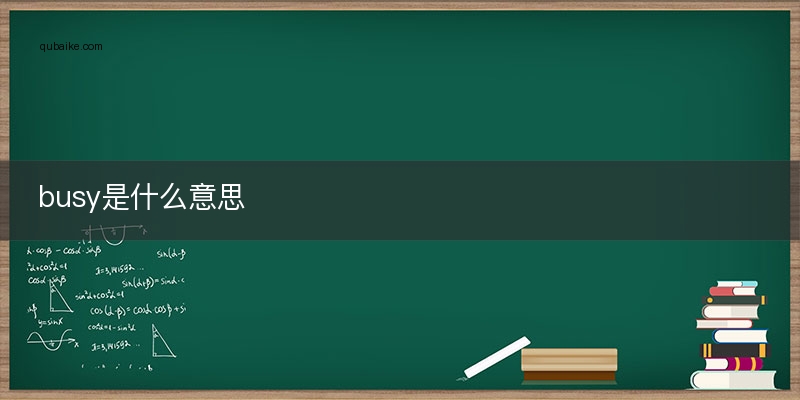
"busy with her work" "a busy man" "too busy to eat lunch"
"a busy painting" "a fussy design"
"an interfering old woman" "bustling about self-importantly making an officious nuisance of himself" "busy about other people's business"
"a very busy week" "a busy life" "a busy street" "a busy seaport"
"her line is busy" "receptionists' telephones are always engaged" "the lavatory is in use" "kept getting a busy signal"
"She busies herself with her butterfly collection"
误 Is your work busy?
正 Are you busy (with your work)?
析 说“某人工作忙”,应以人作主语。